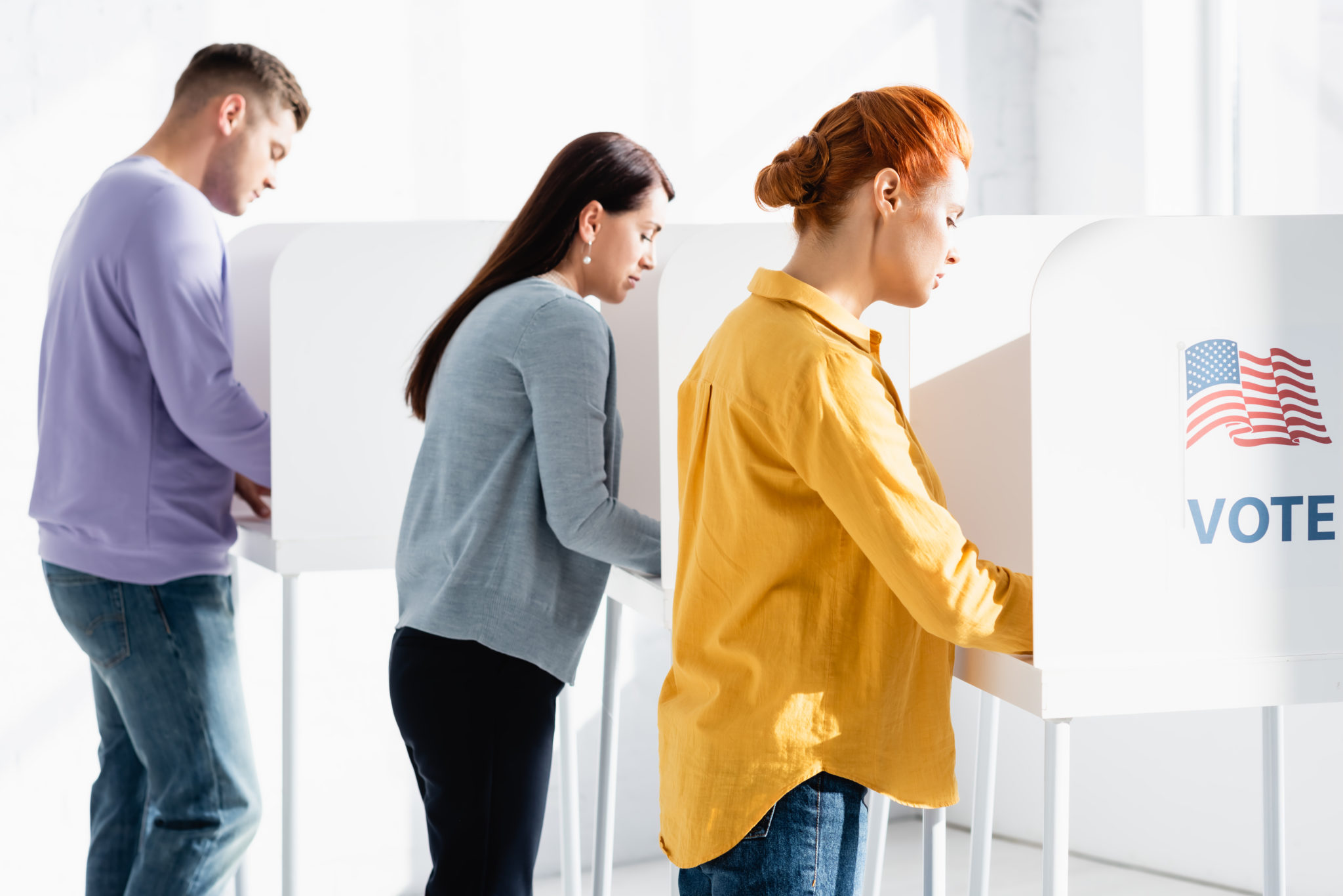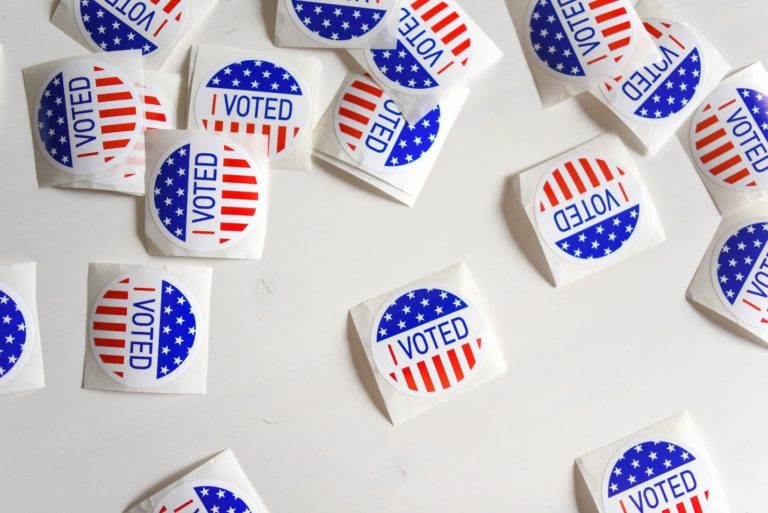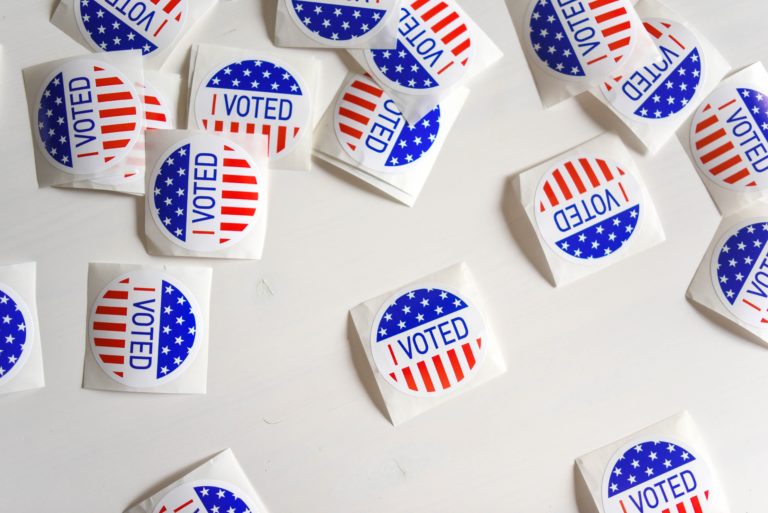2020 is already a record-breaking year for Republican women. More than 200 GOP women have…
How Voters Feel About Abortion Today

Is abortion still a voting issue? During last year’s midterms, there was a lot of focus on whether abortion would be a driver of Democratic turnout, particularly for Democratic women. Despite many surveys where few voters cited abortion as the most important issue in America, women’s reproductive healthcare access proved to be influential in driving voters to the ballot box in states across the country. However, the focus of the fight seems to be changing now. At the Women’s March just a few weeks ago, many of the speakers focused on moving from pushing for action on the federal level to fighting for action on the state level.
As action on abortion moves mainly to the state level, All In Together wanted to know what voters thought about federal vs. state action on abortion. Unsurprisingly, our recent poll found that there is a partisan split on this issue, with over 70% of Republicans preferring that each state decide individually if abortion should be legal, while Democrats preferred ensuring access to abortion in all 50 states at the federal level.
With the recent Biden administration actions around accessing abortion pills through telehealth and pharmacies, the issue of medication abortion has also been gaining a lot of attention. In the post Dobbs landscape many women are left without knowledge of their options or the laws in their state. A recent Kaiser Health survey found that nearly half of American adults, and 40% of women of childbearing age, do not know whether medication abortion is legal in their slate. Our recent poll found that voters are much more open to medication abortion. Voters across the ideological spectrum are opposed to bans on medication abortion, including close to half of Republican women.
In fact, the results of our poll suggest that abortion rights are not as polarizing as many think. We tend to think of our political parties as either strictly pro-life or pro-choice, and while that may be true among elected officials, it is different when it comes to voters. We found that a large number of both Republican and Independent voters would be more likely to support a Republican candidate who backed abortion rights, and only about 20% of them would be extremely less likely to support said candidate. That support would be driven mainly by Republican women and younger Republicans. We found that half of Republican women would be more likely to support a Republican candidate who supported abortion rights and a majority of Republicans under 50 would be more likely to support a Republican candidate who supported abortion rights.
Our results seem to suggest that there is space in the Republican party for more candidates who support some level of abortion rights, similar to Senators Susan Collins and Lisa Murkowski. As action on abortion moves from the Supreme Court and Congress to State Legislatures, perhaps more Republicans who support abortion access will run for state level office.






